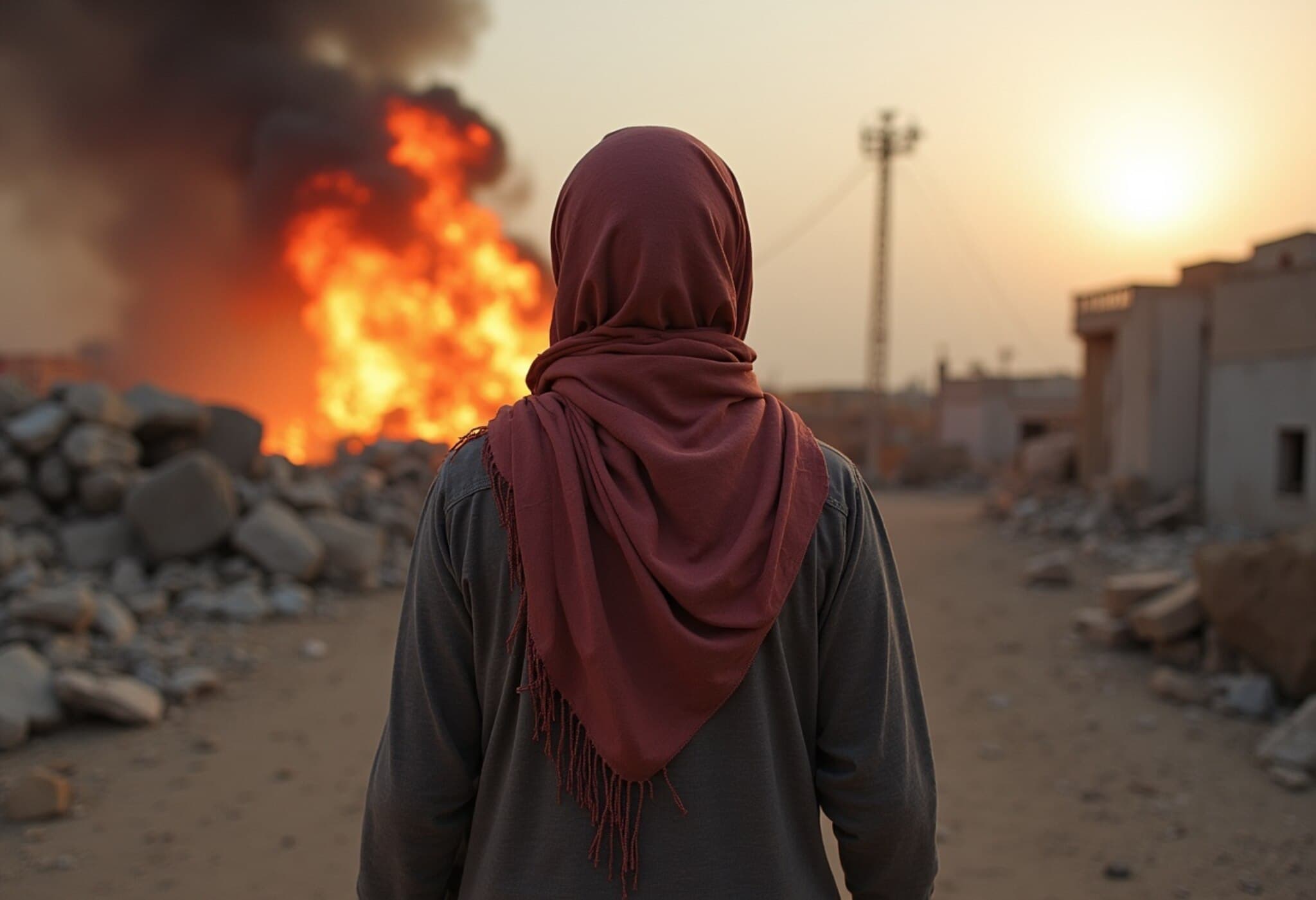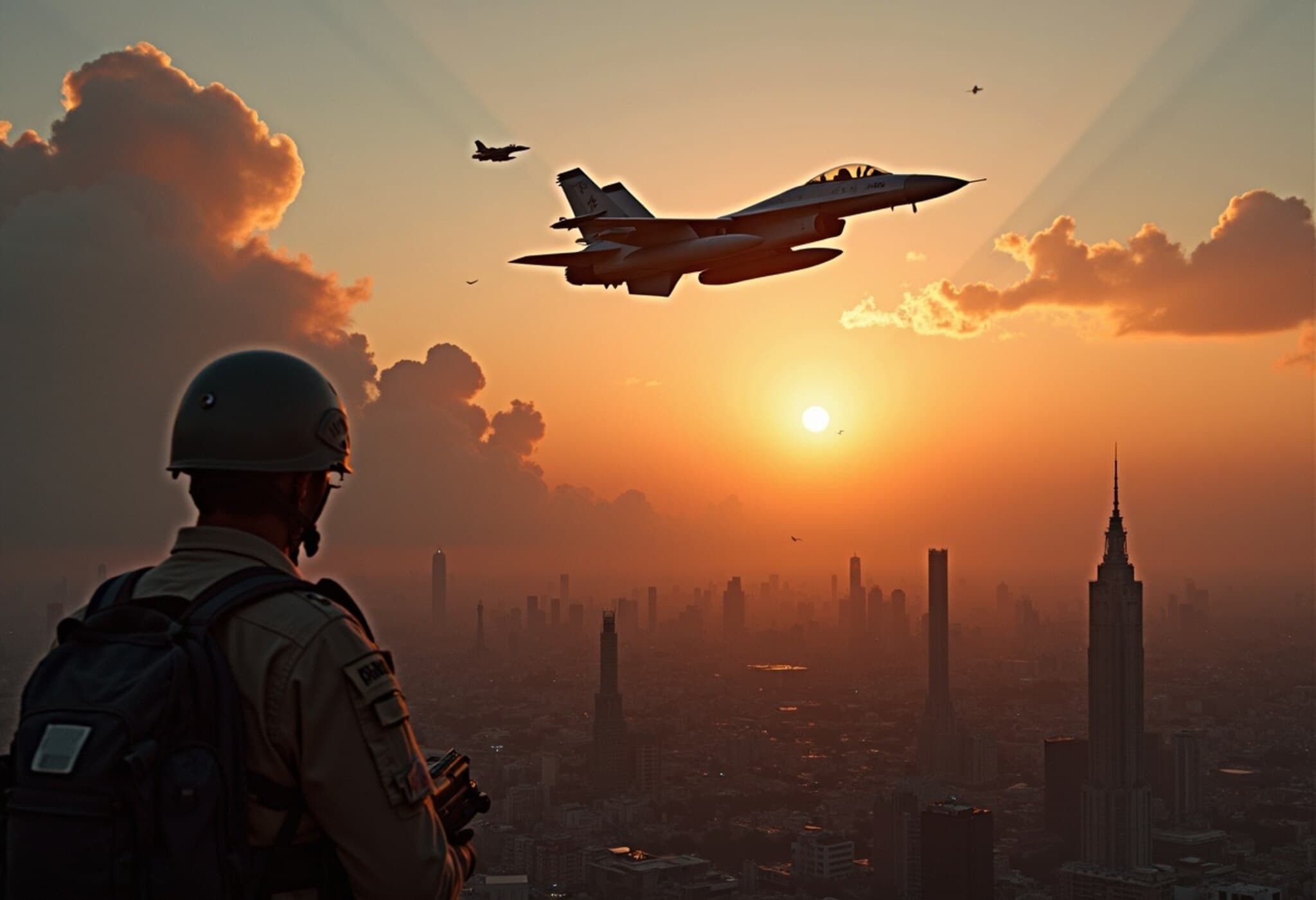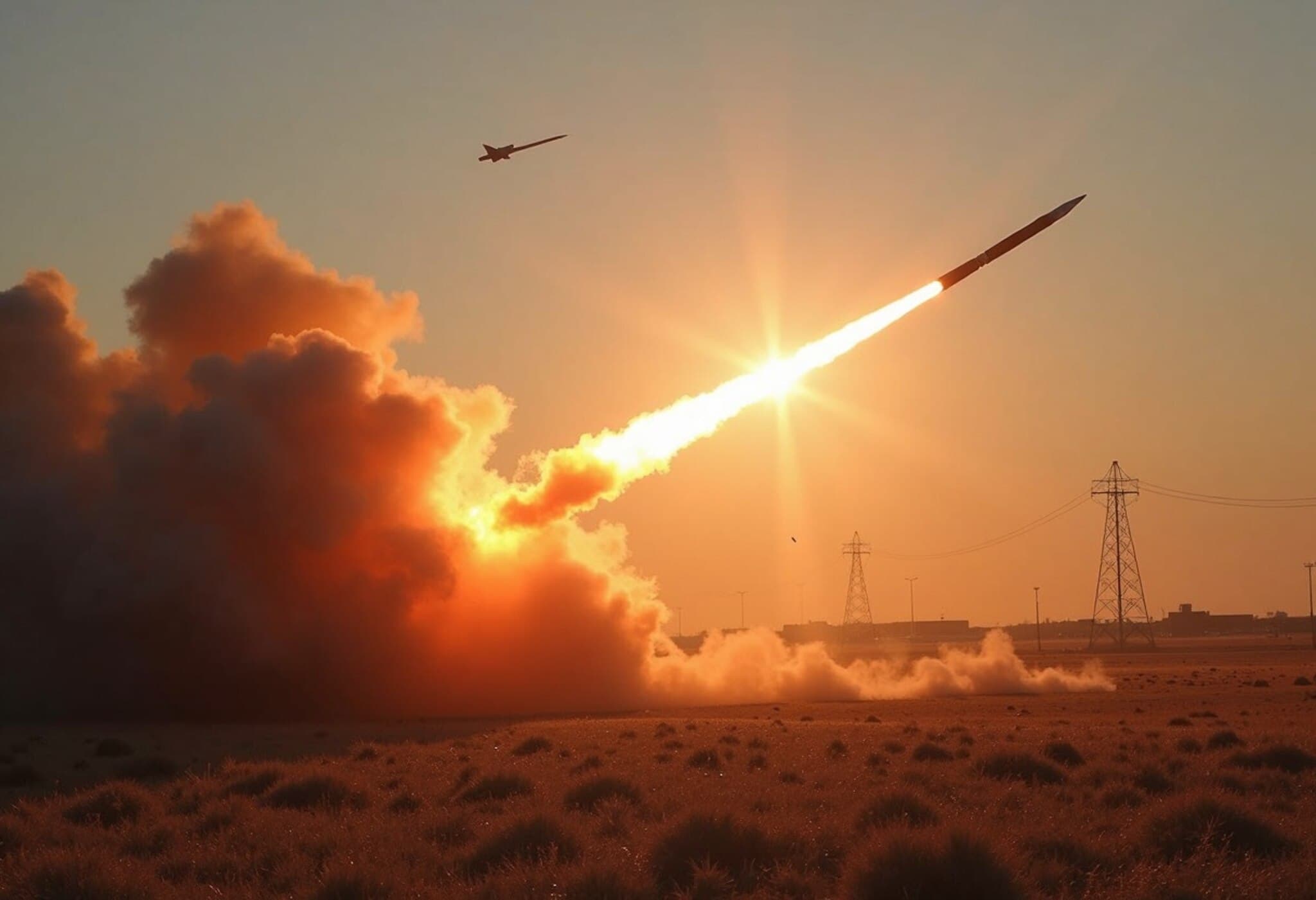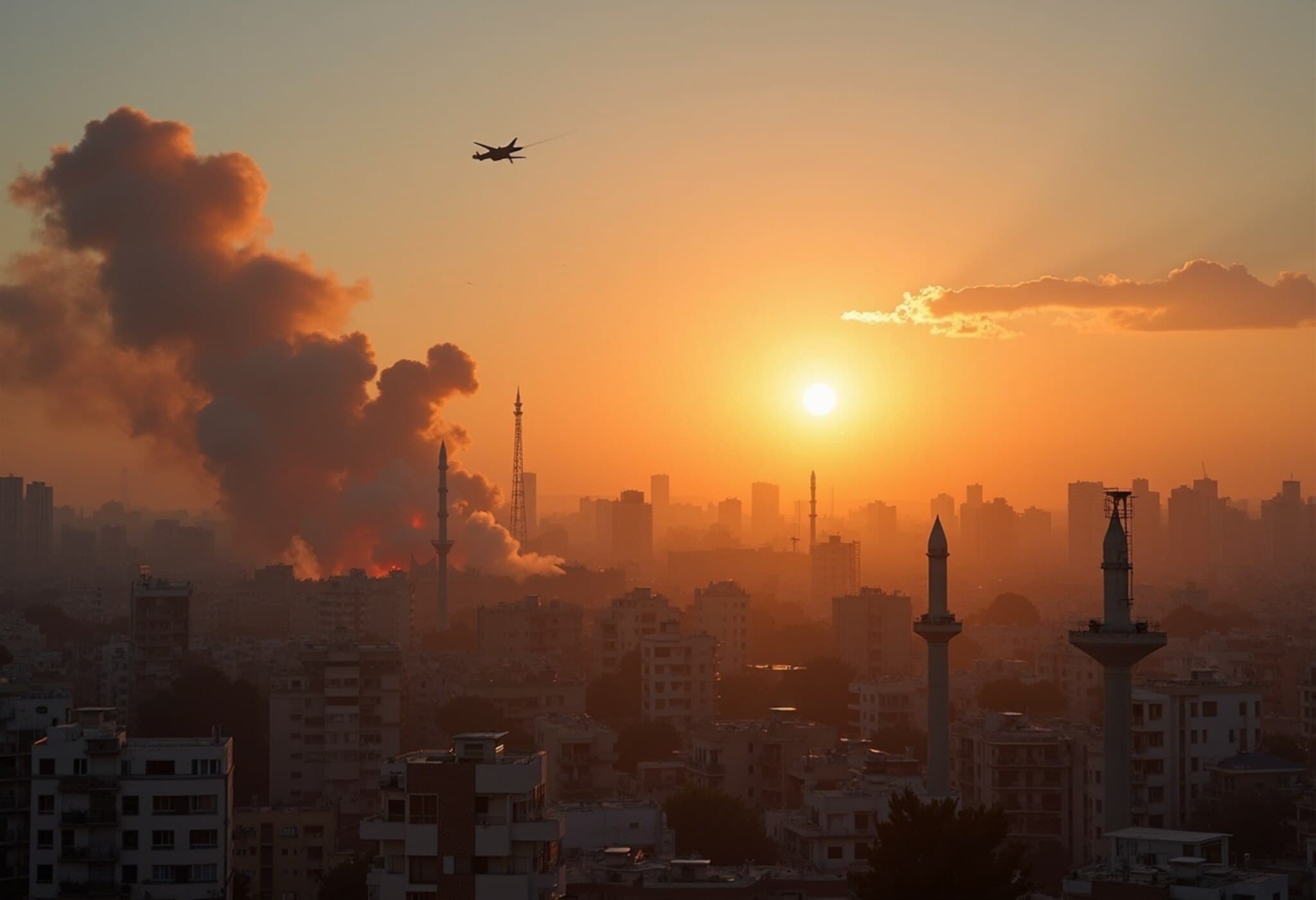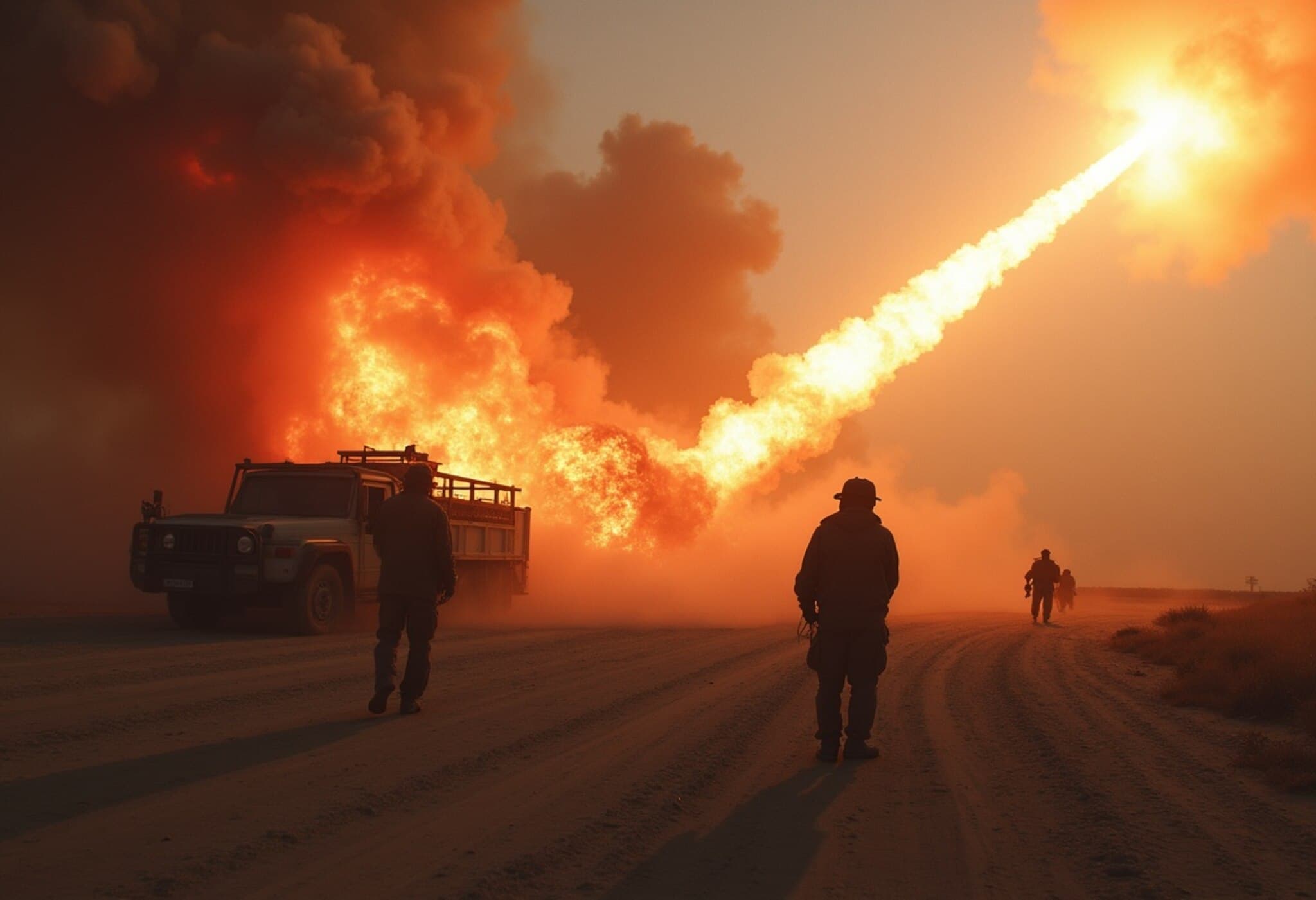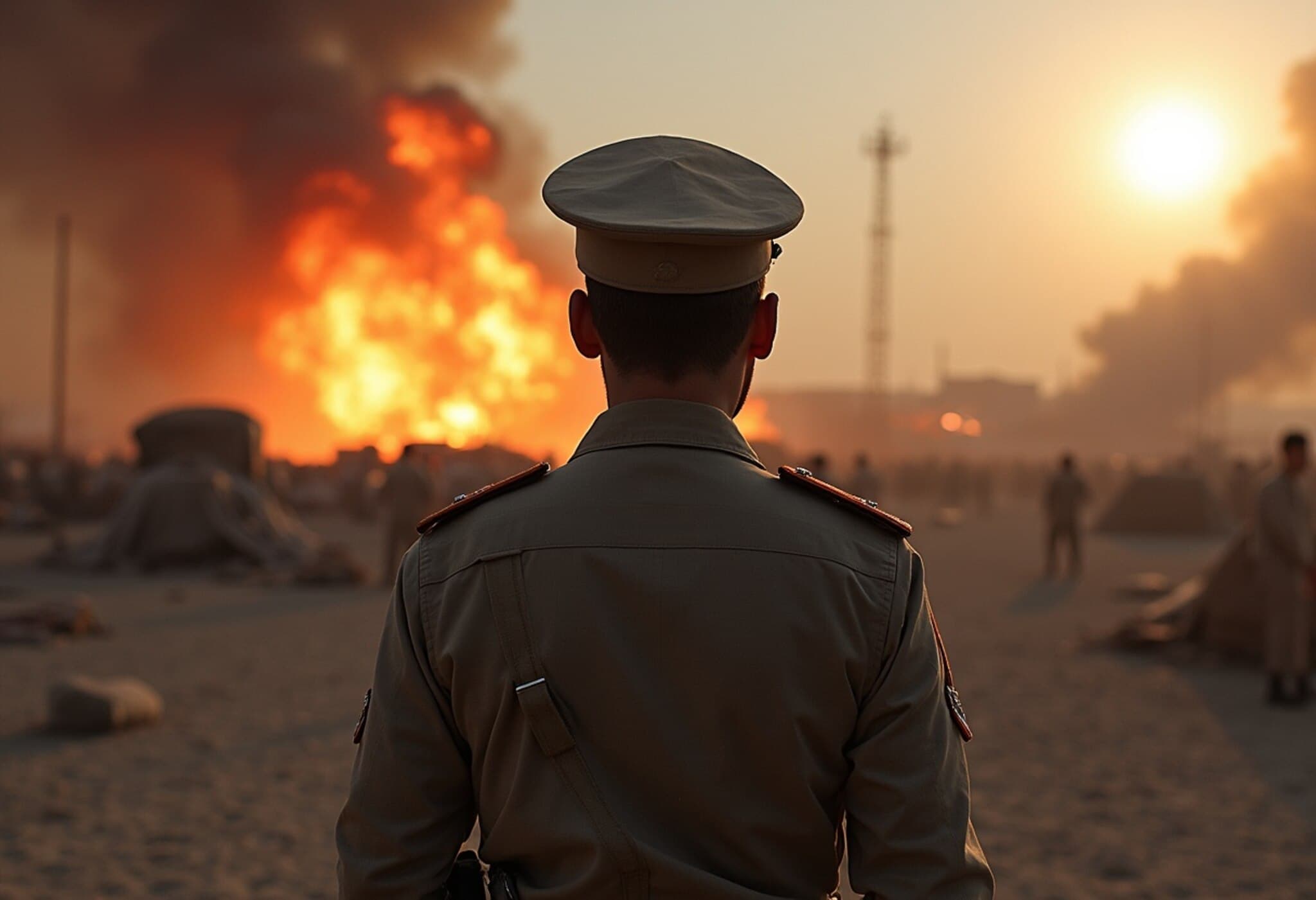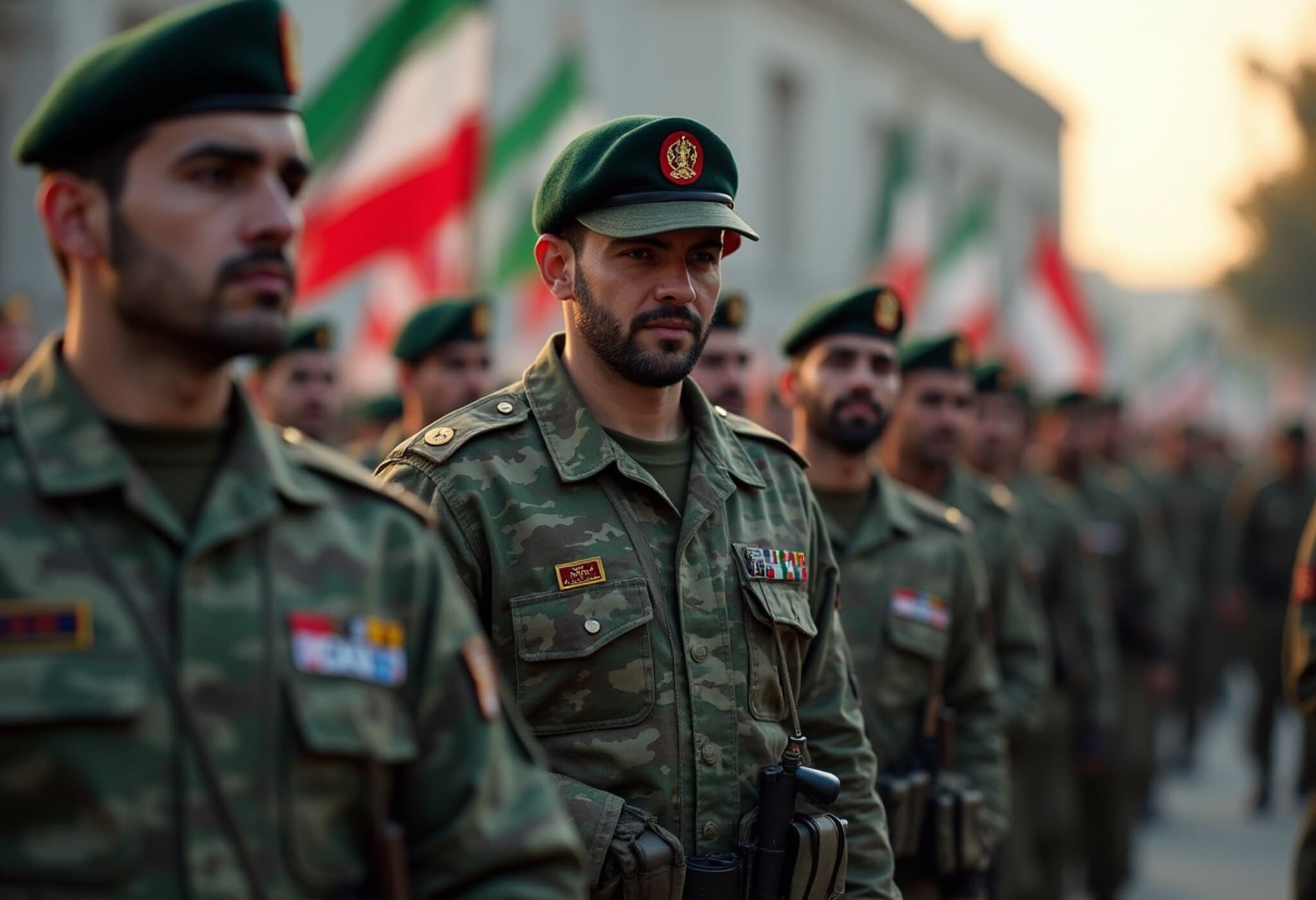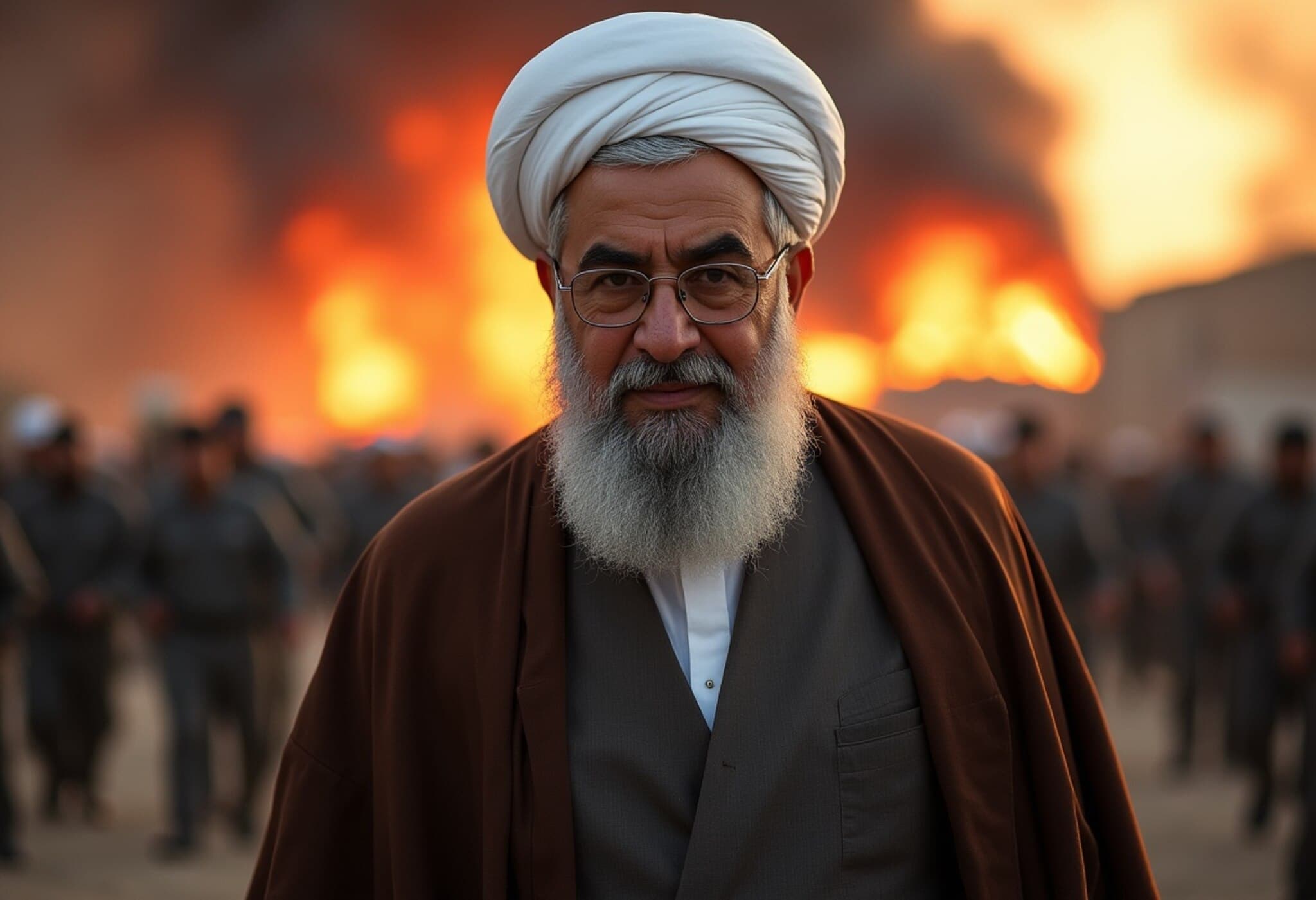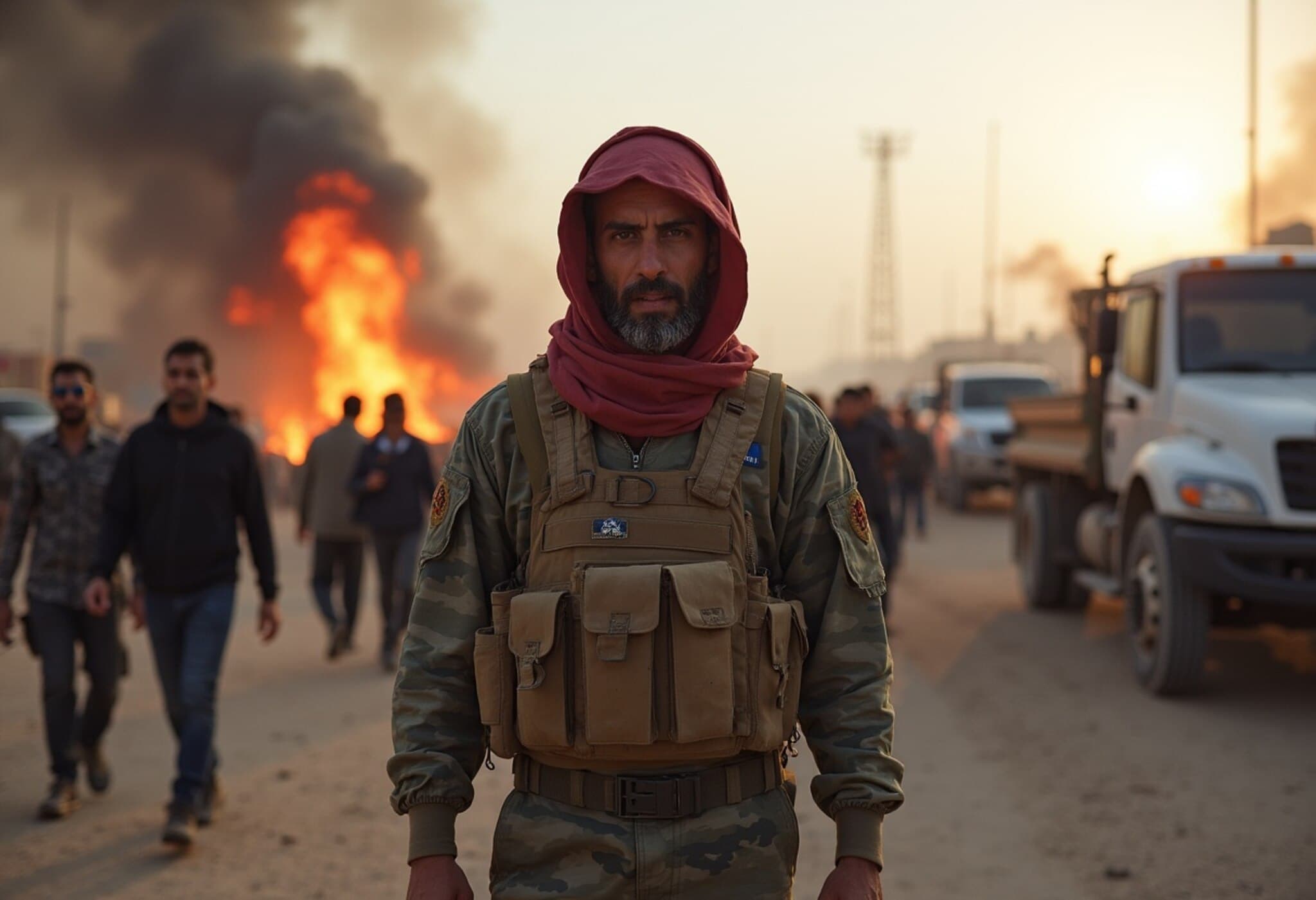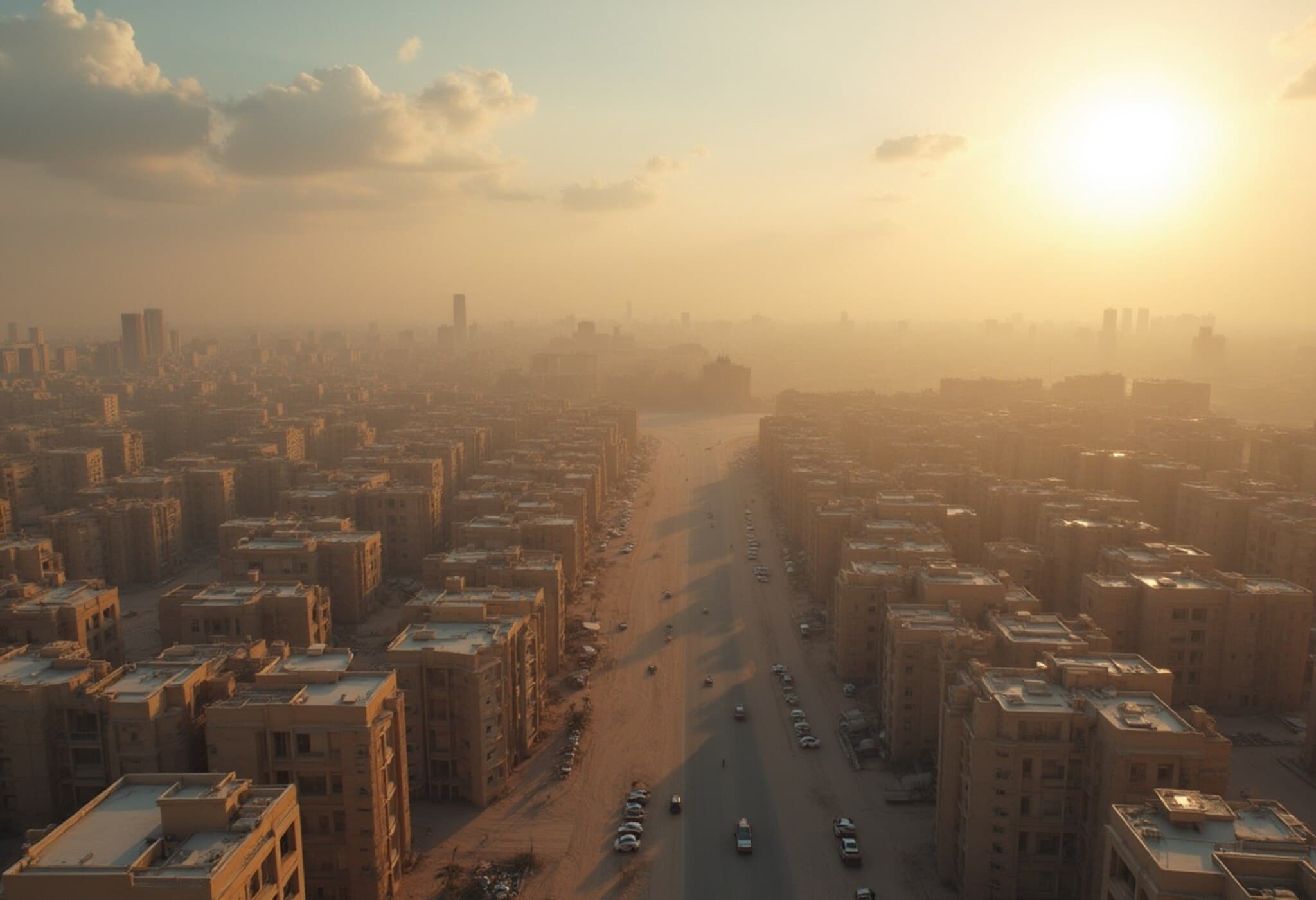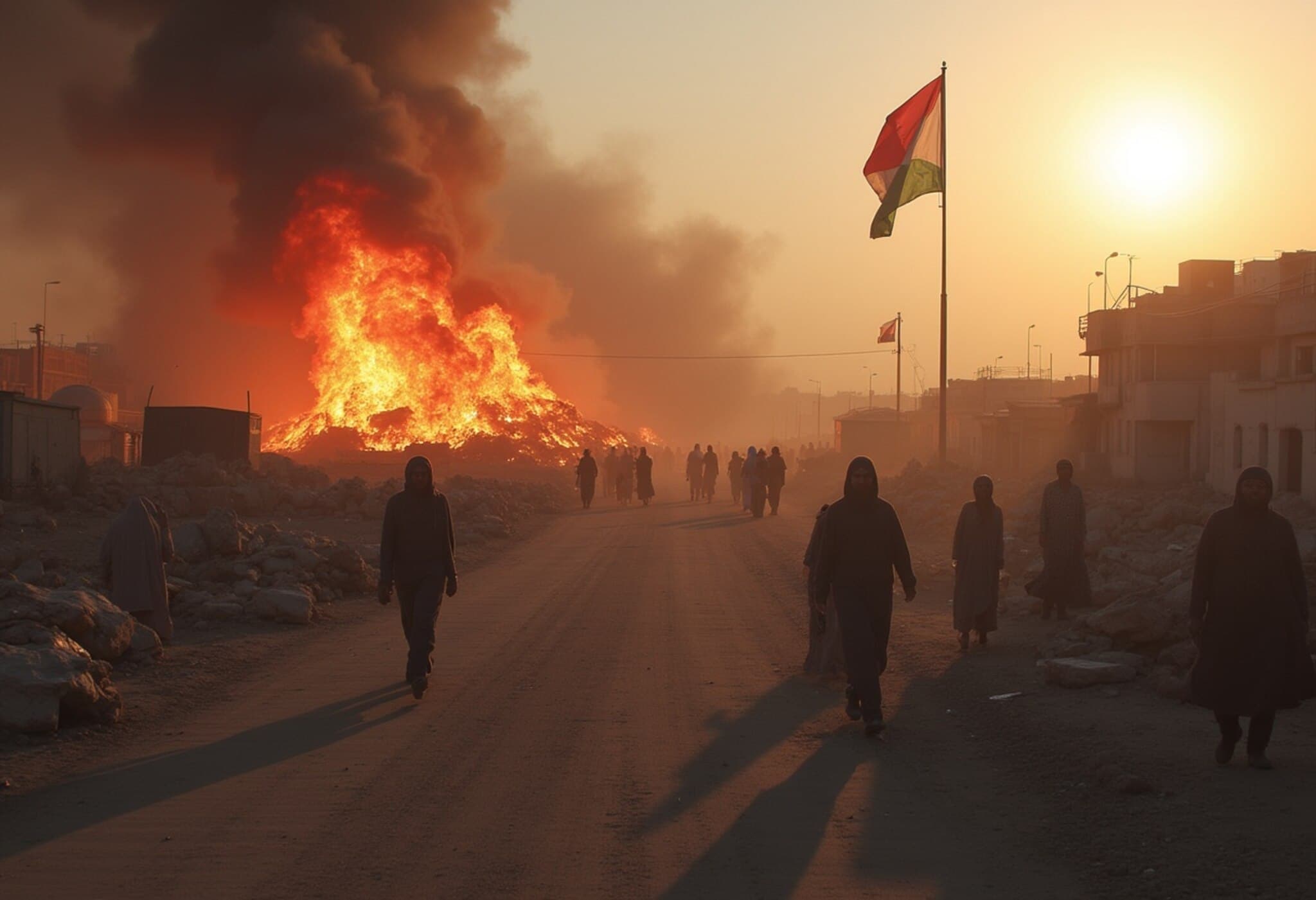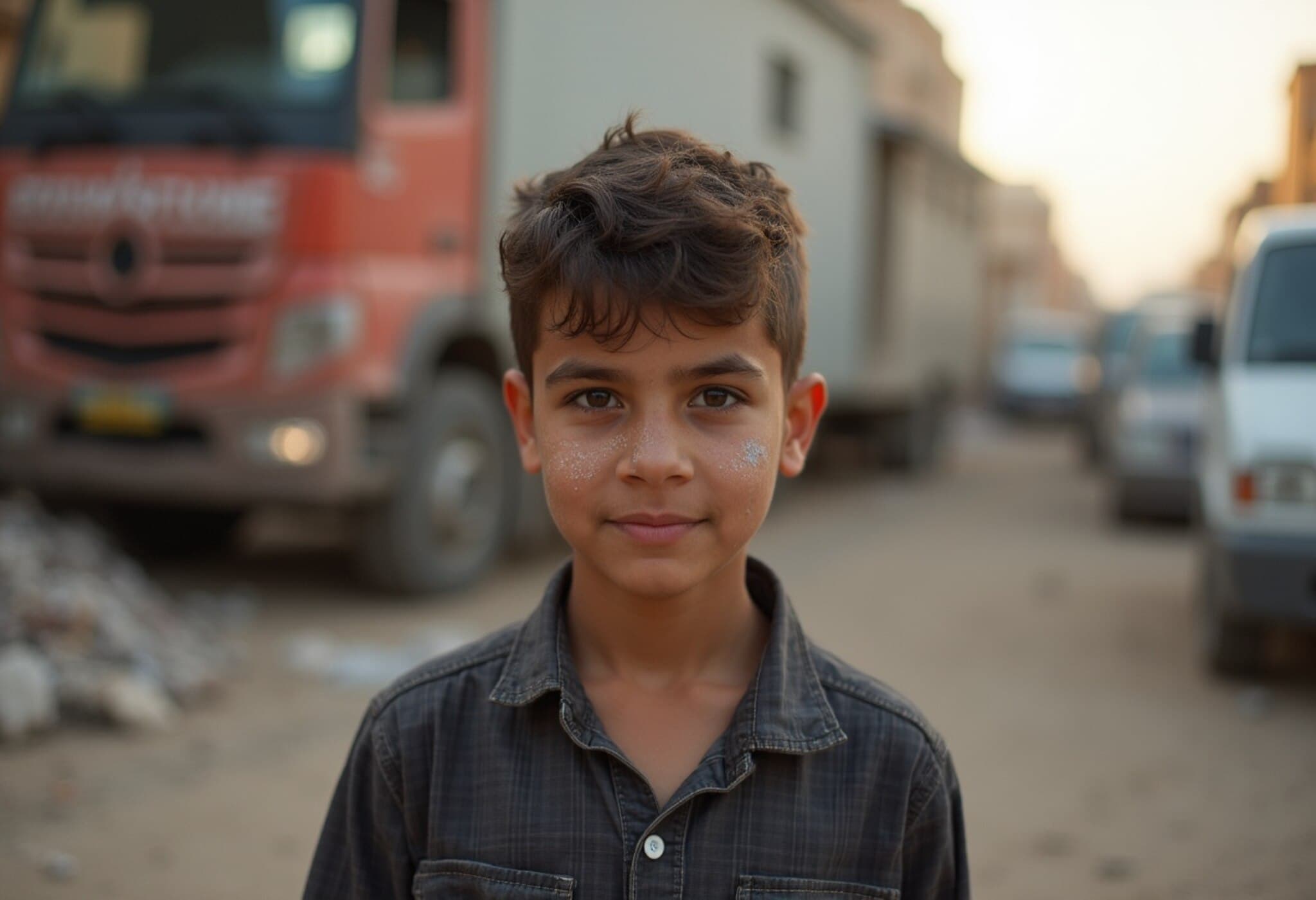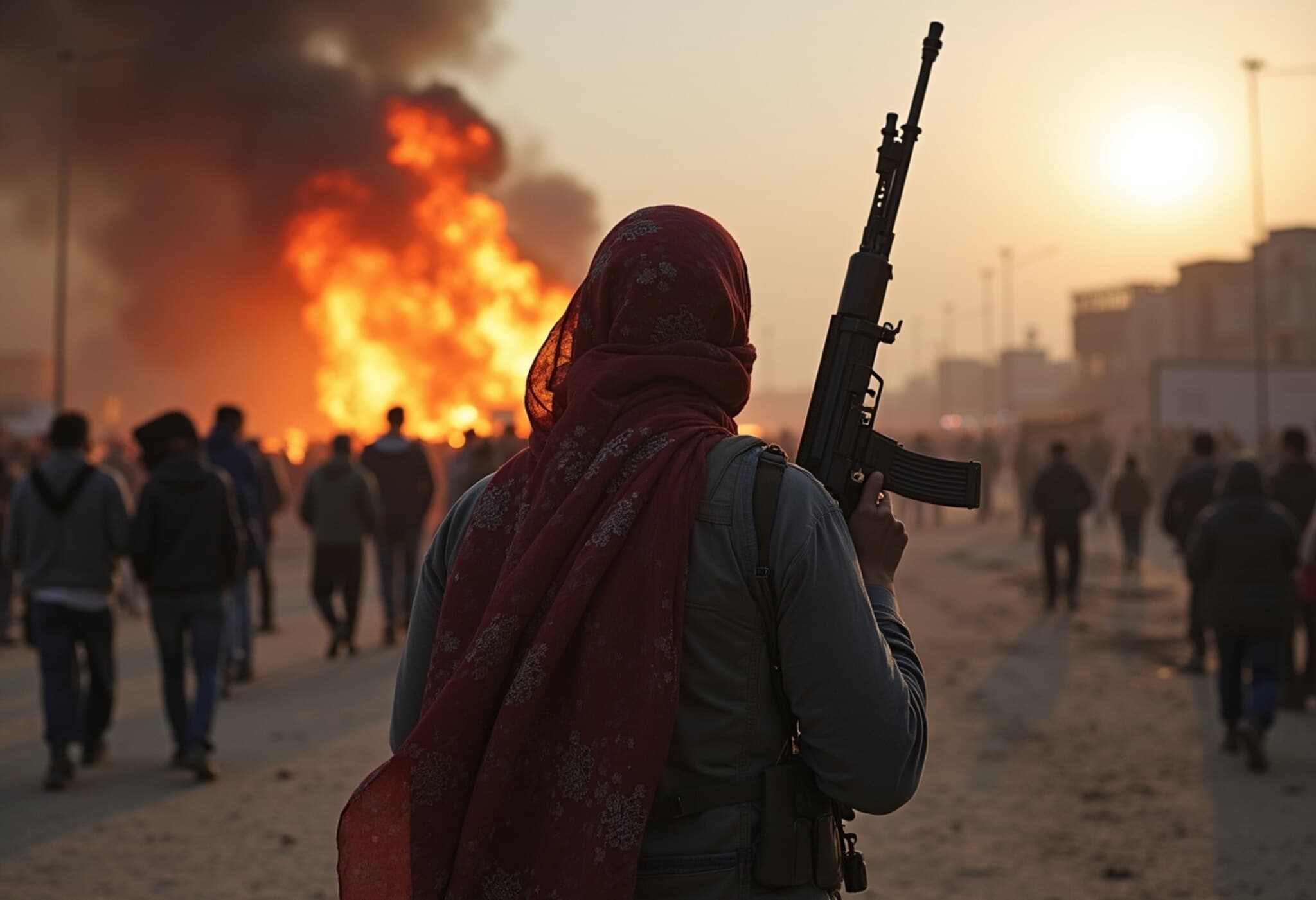Deadly Israeli Airstrikes in Gaza Escalate Amid Prolonged Conflict
On Sunday, Israeli airstrikes claimed the lives of at least 19 Palestinians in the Gaza Strip, including six children at a water collection point, local health officials confirmed. This tragic incident occurred despite ongoing mediation efforts aimed at forging a ceasefire to end the 21-month-long war that has devastated the region.
Diplomatic Deadlock Clouds Prospects for Ceasefire
Efforts to pause the hostilities and negotiate the release of Israeli hostages remain mired in disagreement. Israeli Prime Minister recently met with officials in Washington to discuss a truce, but disputes over the presence of Israeli troops in southern Gaza—a strategic land corridor—have impeded progress. Israel insists on maintaining military presence there for security purposes, while Hamas perceives this demand as a sign of Israel’s intent to prolong the conflict once a ceasefire expires.
Israel’s position: The conflict will only end if Hamas surrenders, disarms, and agrees to exile, conditions that Hamas firmly rejects.
Hamas’s stance: Willing to release the remaining hostages (fewer than half reportedly still alive) if Israel ends the war and fully withdraws forces.
Human Cost: Civilians, Especially Children, Bear the Brunt
Among the dead is a harrowing scene at a water collection site in Nuseirat, central Gaza. Al-Awda Hospital reported receiving 10 bodies following the strike, six of whom were children. Witness Ramadan Nassar recounted to The Associated Press that about 20 children and 14 adults lined up early Sunday to collect water—an essential, dangerous routine given the scarcity of clean water sources in Gaza. Many live hours from the nearest water points.
In another strike in Zawaida, central Gaza, nine people perished, including women and children. Meanwhile, Israel reports it targeted over 150 sites in Gaza recently, blaming Hamas militants for embedding themselves within civilian areas and increasing the risk of civilian casualties.
The Widening Shadow of Violence in the West Bank
Violence has also surged in the Israeli-occupied West Bank, exacerbated by confrontations between settlers and Palestinians. The recent funerals for Palestinian-American Sayfollah Musallet, 20, and his friend Mohammed al-Shalabi highlight the escalating tensions. Musallet, originally from Florida, was reportedly beaten to death by settlers on his family’s land, a tragedy that has spotlighted settler violence often overlooked by military enforcement.
Mourners gathered in Al-Mazraa a-Sharqiya, waving Palestinian flags and chanting in a somber demonstration of grief and resistance. Musallet’s family has called for the U.S. State Department to investigate, seeking justice for what they describe as a senseless killing.
The Israel Defense Forces reported that clashes involving rock-throwing by Palestinians preceded larger confrontations, but international human rights groups have criticized Israeli military and settler actions for systemic negligence and violence against Palestinians.
Contextualizing the Human Toll
Since the October 7, 2023 attack by Hamas, where approximately 1,200 Israelis were killed and over 250 taken hostage, Israel’s retaliation has been severe. According to Gaza’s Health Ministry—widely regarded by the UN as the most reliable source—over 58,000 Palestinians have died, with more than half of them women and children. These figures, while coming from a Hamas-run administration, have been consistently referenced in international discourse and demand urgent humanitarian attention.
Expert Insight
International relations and conflict resolution experts highlight the tragic complexity of this war: "Any ceasefire that does not address contentious strategic demands risks being temporary," noted Dr. Leila Mansour, a Middle East policy analyst. "The dual insistence on security for Israel and dignity for Palestinians remains an unresolved diplomatic puzzle. Intractable narratives and mutual distrust prolong civilian suffering."
Calls for Urgent Humanitarian Intervention
As the conflict enters its second year, humanitarian agencies stress the dire need for safe corridors for civilians to access water, food, and medical care. The persistent strikes on essential infrastructure, like water points, amplify Gaza’s crisis into a catastrophe. Child casualties serve as a grim reminder of the war’s devastating human price.
Editor’s Note
This prolonged conflict between Israel and Hamas underscores the urgent necessity for durable peace solutions that prioritize human life and dignity above geopolitical posturing. Beyond military strategies, addressing the humanitarian and psychological scars of war is paramount. The recent deaths, particularly of children and civilians, raise profound ethical and legal questions about conduct during wartime and the international community’s role in protecting innocent lives. Readers are encouraged to reflect on the wider impact of protracted wars on generations to come and consider supporting initiatives promoting dialogue and aid.

